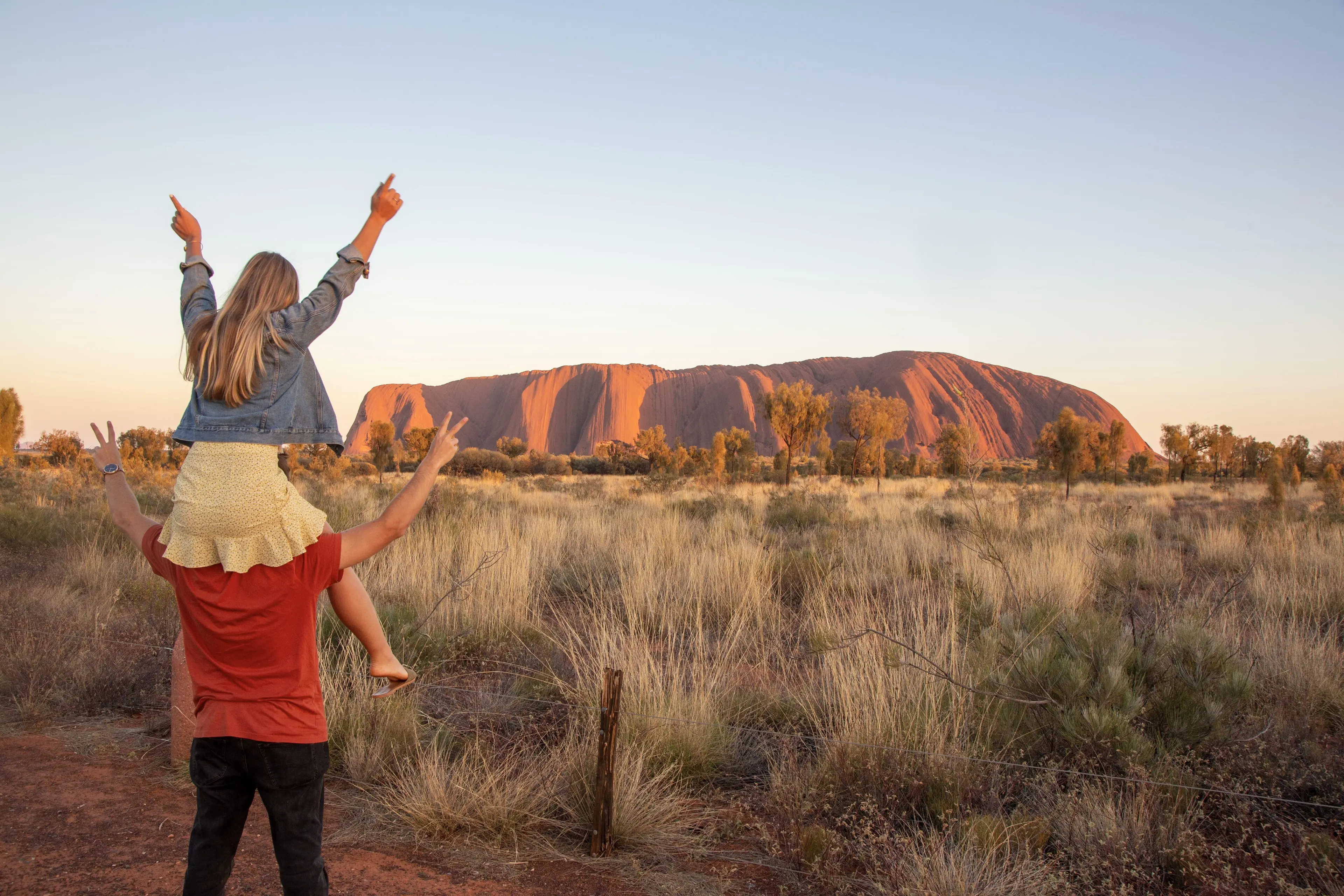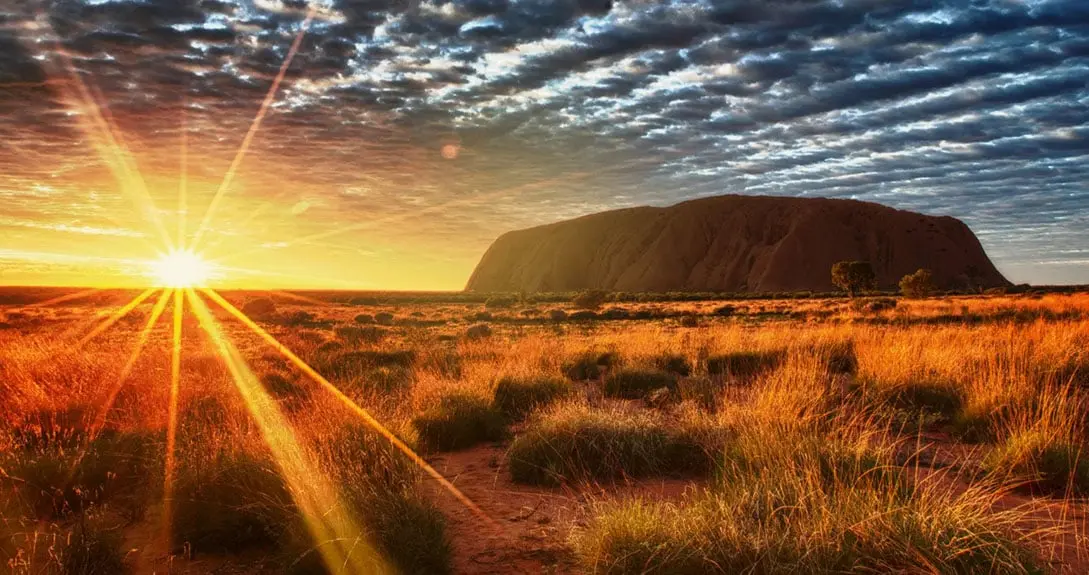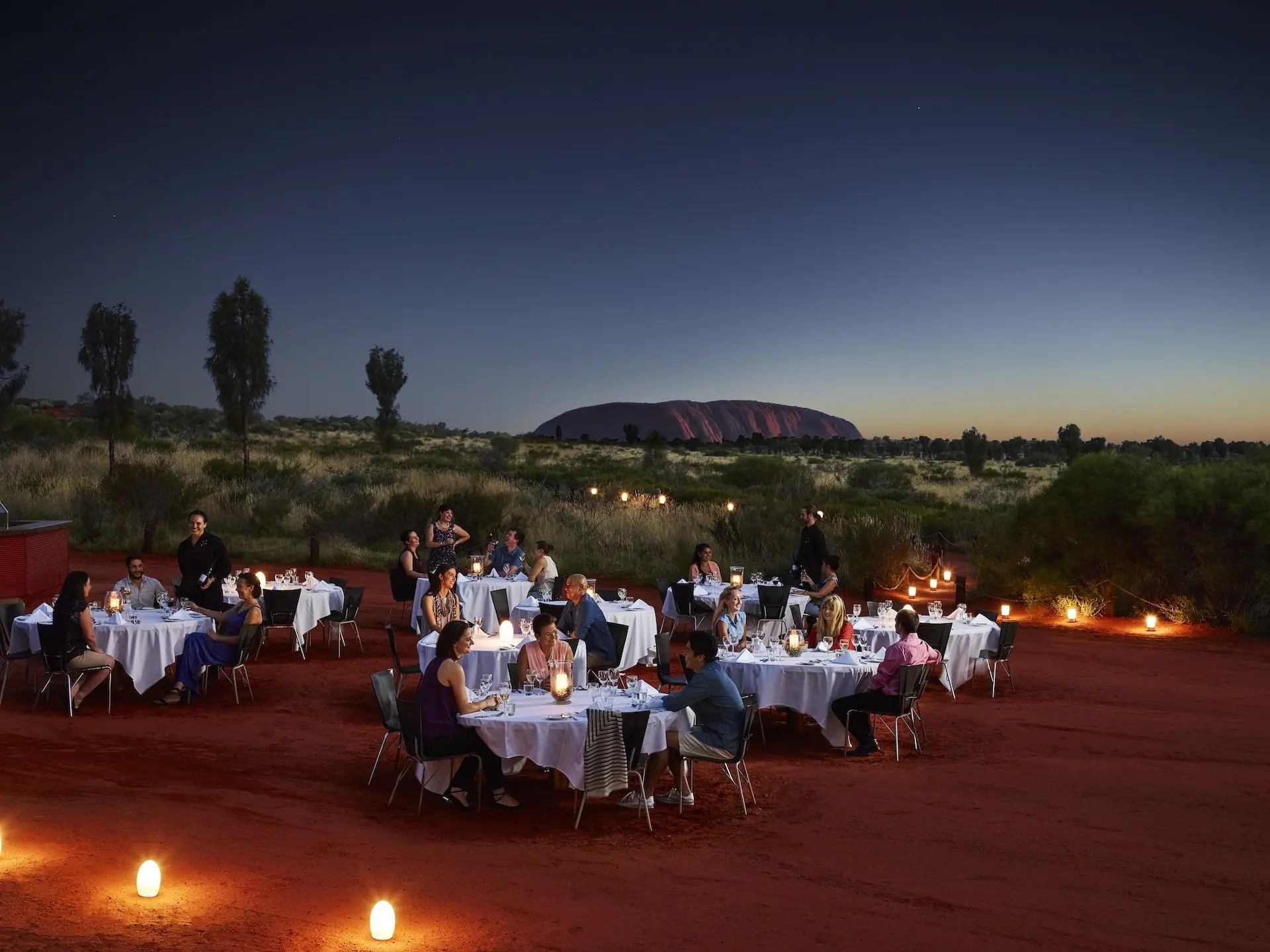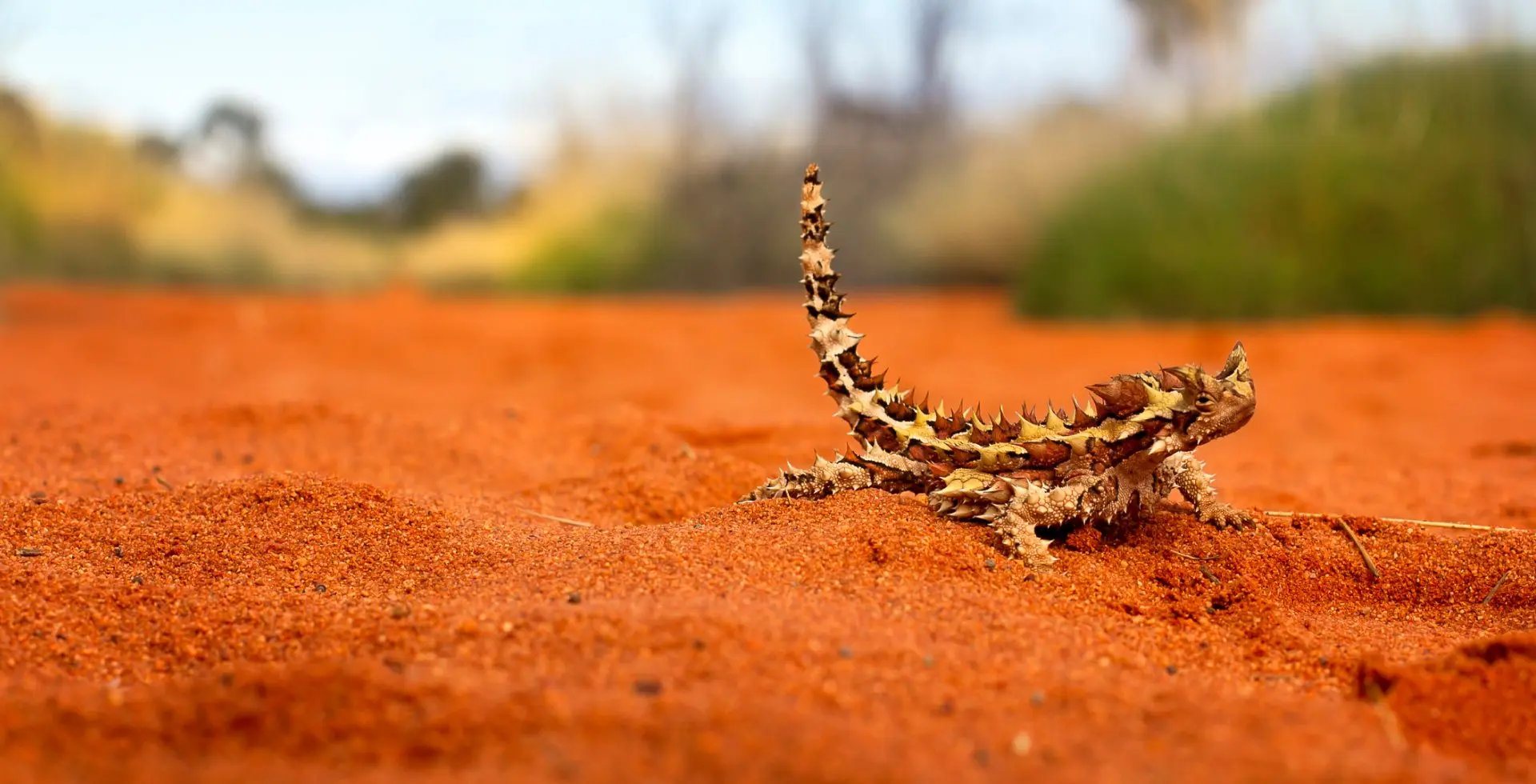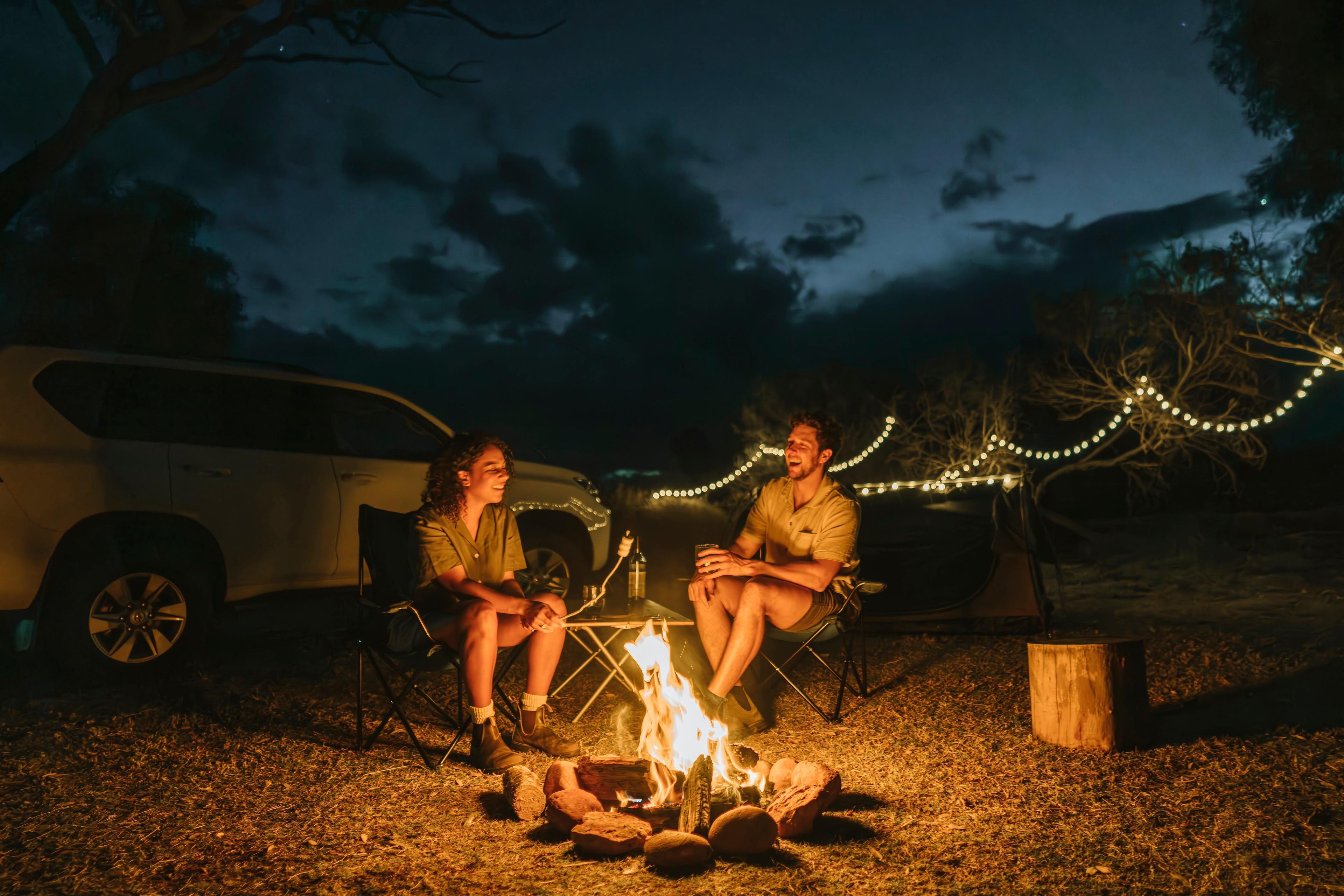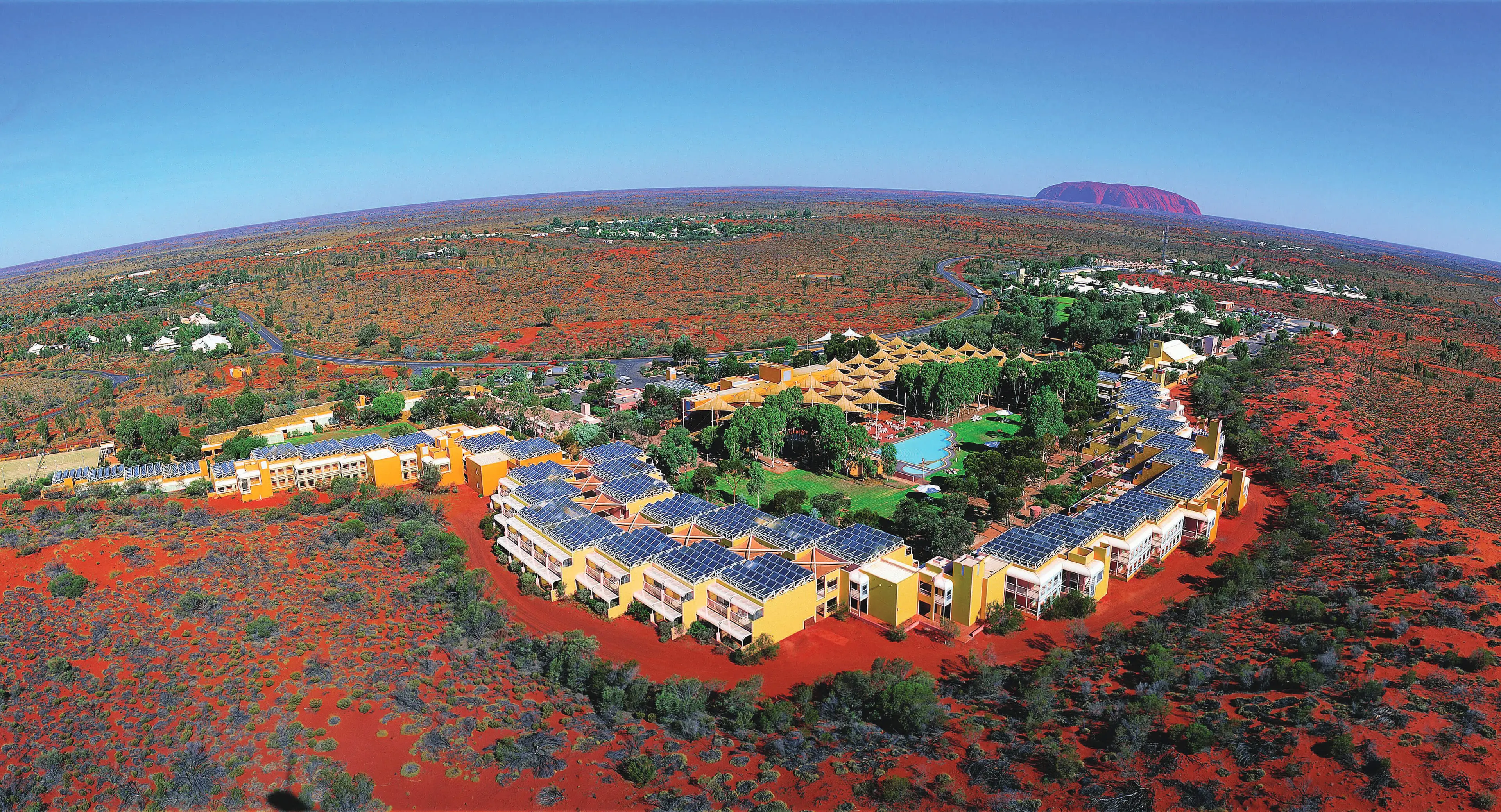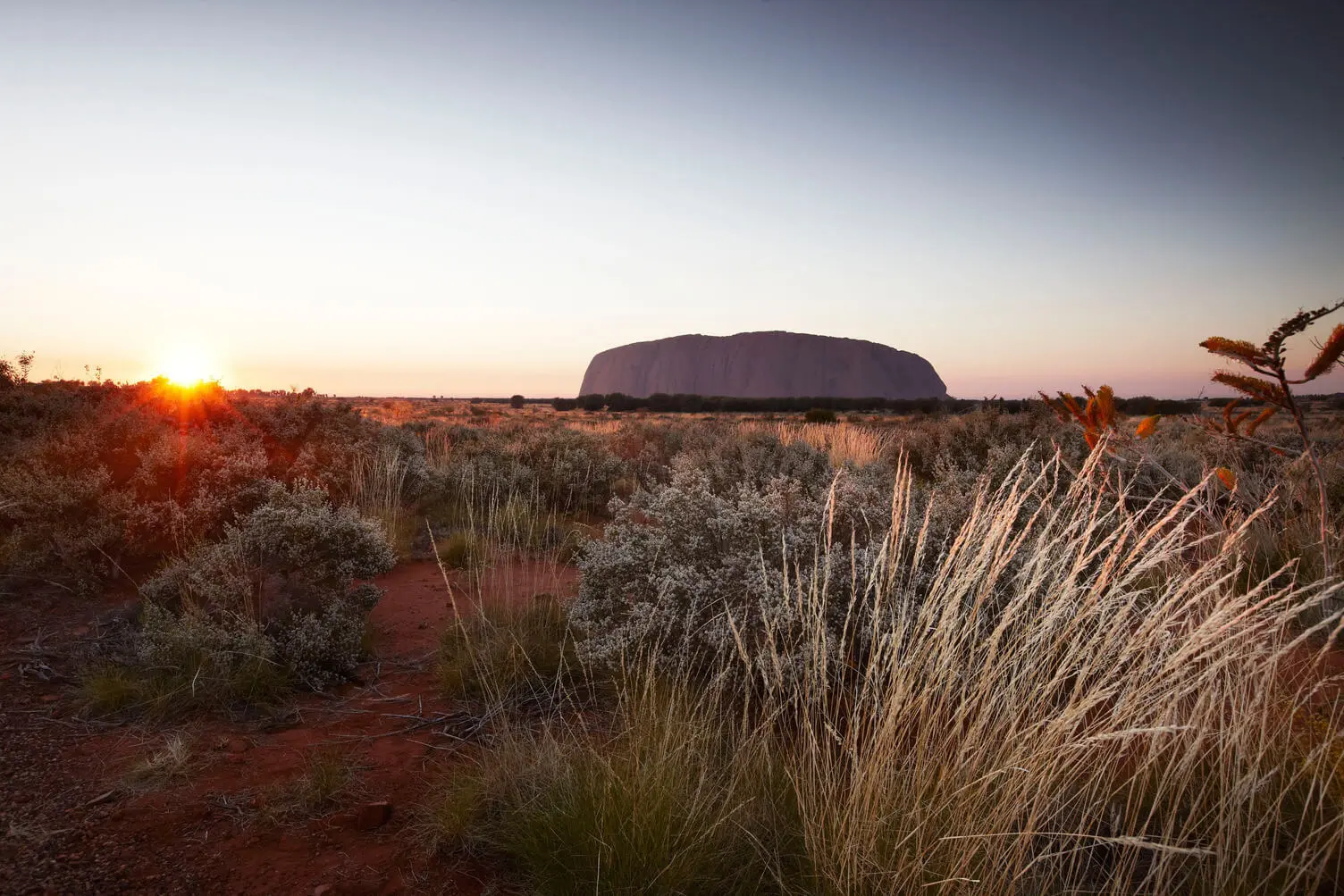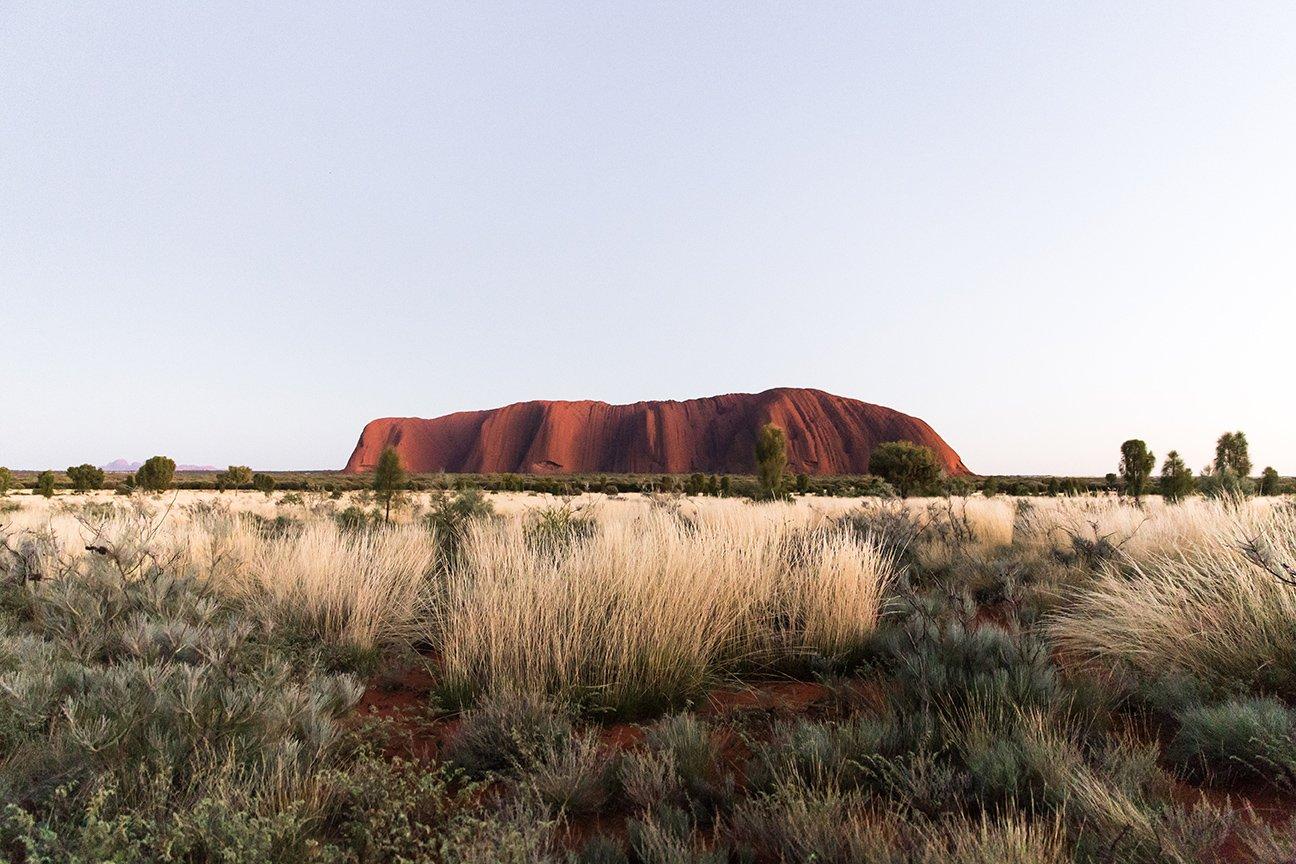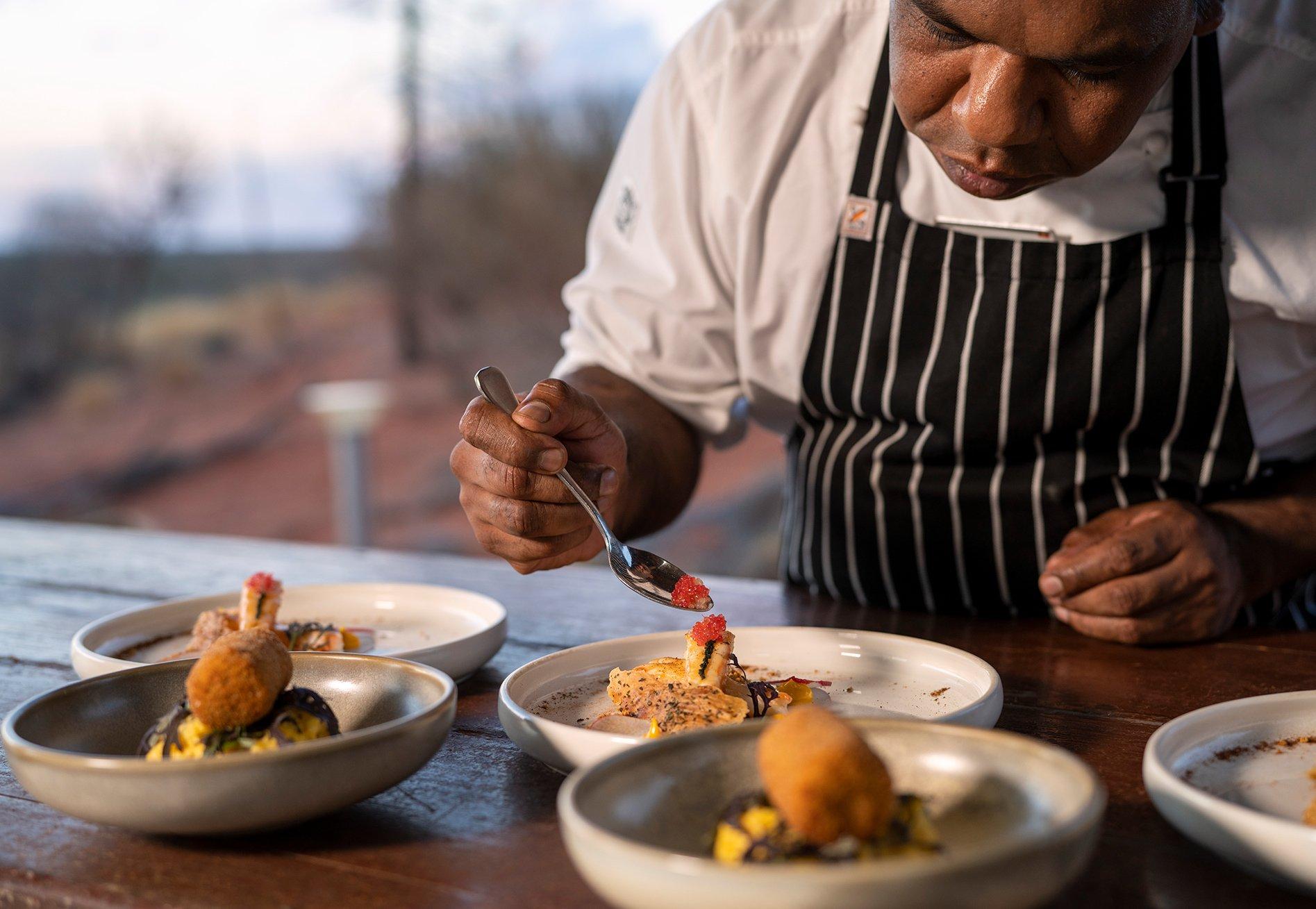Tips for Travelling Sustainably
Ayers Rock Resort is located just outside of Uluru-Kata Tjut̲a National Park, listed as a UNESCO World Heritage Site for its natural and cultural values.
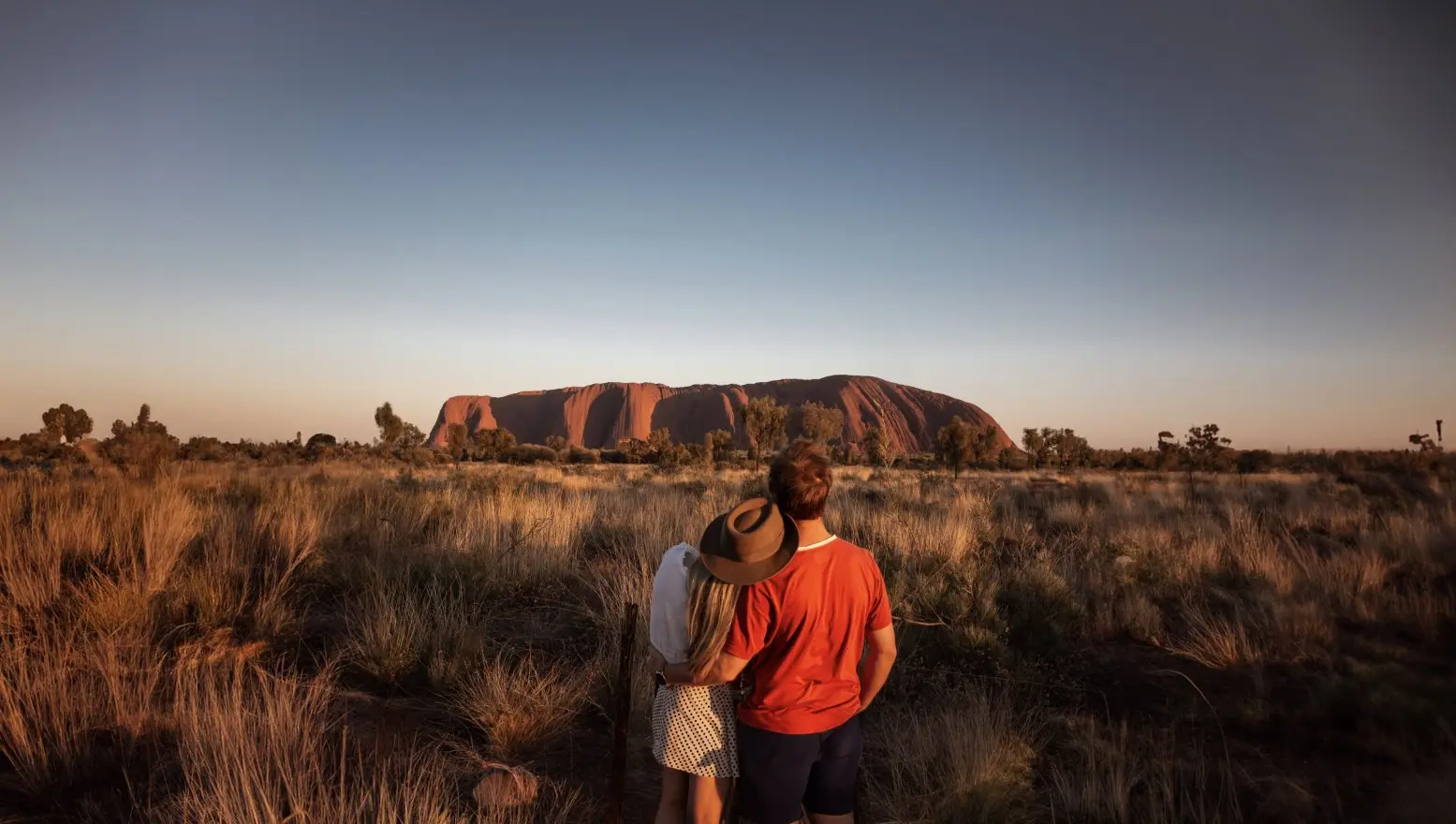
Sustainability is no longer something that is thought about only within the context of the four walls of our homes. Today, we move through the world with a sense of our impact on the environment in all aspects of our lives, especially when travelling to and visiting unique natural landscapes. Ayers Rock Resort is located just outside of Uluru-Kata Tjuta National Park, listed as a UNESCO World Heritage Site for its natural and cultural values.
Most adventurers are familiar with "leave no trace" policies that seek to preserve these precious natural wonders, but there are many other ways to travel sustainably on your holiday to Ayers Rock Resort. Read on for some of our top tips for sustainable travel.
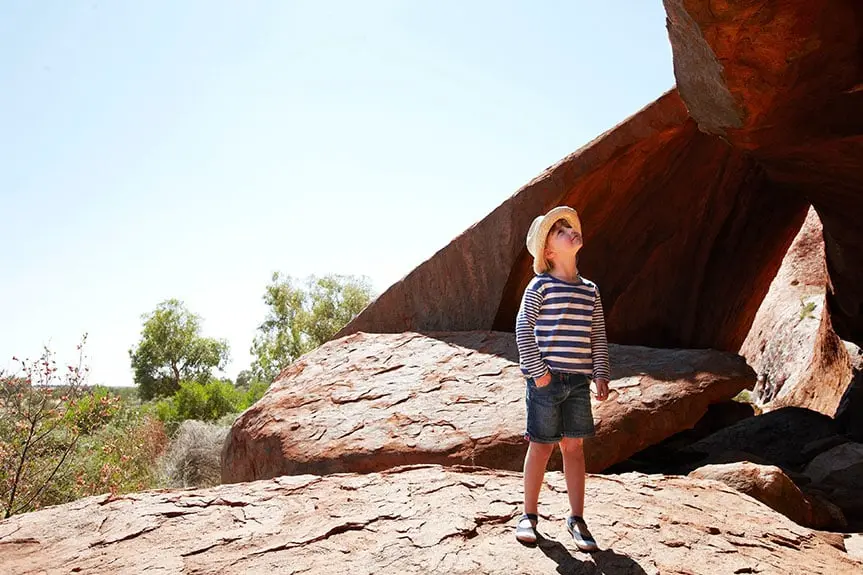

Environmental Conservation in Uluru
Aṉangu are the Traditional Custodians of Uluru-Kata Tjuta National Park and the broader APY Lands (Anangu Pitjantatjara Yakunjatjara). Park rangers blend traditional knowledge and modern science in their conservation efforts for plants, animals, and local culture.
As a visitor of the national park, the most important thing to do is stay on the designated tracks. It's estimated the sand dunes in the Central Desert have been in the same positions for 30,000 years. The vegetation that holds the dunes together is incredibly fragile. Consistent trampling of the plants and soil leads to a reduction in vegetation cover, erosion and destruction of the homes and shelters of animals that live on the dunes, such as the spinifex hopping mouse.
Paths around the resort and around Uluru are well marked, but if you're in doubt about which areas are off-limits, sign up for a guided tour or ask one of the resort staff for clarification.
At Ayers Rock Resort, the landscaping team is focused on incorporating local native plants around the resort. This process starts with collecting the seeds of native plant species in the area and cultivating these in the resort gardens. This initiative not only provides food and shelter for native animals, but also reduces carbon emissions by not freighting in plants or seeds.
We’re also proud to protect native wildlife and promote conservation through education and hands-on initiatives at the resort. We’re actively involved in two key monitoring programs, including our award-winning annual threatened species survey, launched by Voyages in 2001, which has been vital in preserving at-risk species like the brush-tailed mulgara, with record sightings in 2022 thanks to good rainfall, predator control, and fire management. We support Mulyamiji March, a national monitoring event focused on the threatened Tjakura (great desert skink), contributing to a new Indigenous-led National Recovery Plan. In March 2023, we helped identify 68 burrows across six sites at the Resort as part of this important long-term effort.
Indigenous Cultural Preservation in Uluru
Conservation efforts go beyond caring for the physical environment. Keeping Anangu culture alive and thriving in the area is also imperative. Uluru and Kata Tjuta are sacred to Anangu, and it's important to know that while they are happy to share their culture with us, as visitors, we have a responsibility to respect culture in return.
When staying at Ayers Rock Resort, guests are asked to respect the living culture of Anangu, the Traditional Owners of this sacred land. Walk gently on Country, stay on marked tracks, and don’t take rocks, plants, or sand. Visit local art galleries like the Lawn Gallery and GoCA, and always ask permission before taking photos. You’ll hear Anangu speaking their first languages (Yankunytjatjara and Pitjantjatjara) and you’re encouraged to learn a few words like ‘Palya,’ meaning hello, welcome, and thank you.
Learning about Anangu culture is a wonderful way to immerse yourself in the Spiritual Heart of Australia. You can do this by joining a ranger-guided mala walk or signing up for one of the free Indigenous activities on the resort, like the bush food experience. Take time to listen to the stories (Tjukurpa) shared during experiences like Sunrise Journeys, or Wintjiri Wiru, both of which were created in partnership with Anangu.


Sustainable Travel Tips
It's especially important to be mindful of generating waste when visiting remote areas. An easy first step to making your vacation more earth-friendly is to find ways to reduce your use of single-use items. This can be done by using a reusable water bottle when you head out to hike (there are water bottle refill stations located throughout the resort, so you don't need to rely on purchasing single-use bottles!) or bringing your own reusable shopping bag when you head to the local IGA supermarket.
Ayers Rock Resort prioritises limiting waste across the resort; Restaurants no longer carry plastic straws, and compostable cutlery and lunch packs are in use. The resort has also implemented an extensive recycling program, as many remote locations don't often have the same recycling capabilities as larger urban centres.
The resort and its residents - as well as local Indigenous community members - can recycle plastic, glass, aluminium, and cardboard at the new onsite drive-through recycling centre opening 1 May 2025, saving the need to freight these items out of the area. The resort also recycles cooking oil, e-waste, lead acid batteries, LPG cylinders, and hydrocarbon waste through various companies.
Another easy way to conserve natural resources is to be mindful of energy consumption in your hotel room. Little things like using towels more than once reduce the amount of water used for laundry. The same goes for hotel bedding — you likely don't change your sheets at home each night. Consider skipping a night during your vacation – Mother Nature will thank you for it! Ensuring that lights and air conditioners are turned off when you leave the room, closing windows and doors when the air conditioning is on, and unplugging electronics and appliances when you're not using them are some other ways to conserve energy during your stay.
Fun fact: Up to 30% of the energy at Ayers Rock Resort can be powered by the Tjintu solar field during peak times. Tjintu means 'sun' in local Pitjantjatjara language — a fitting name for a solar field located in what is considered one of the world's best solar energy locations.
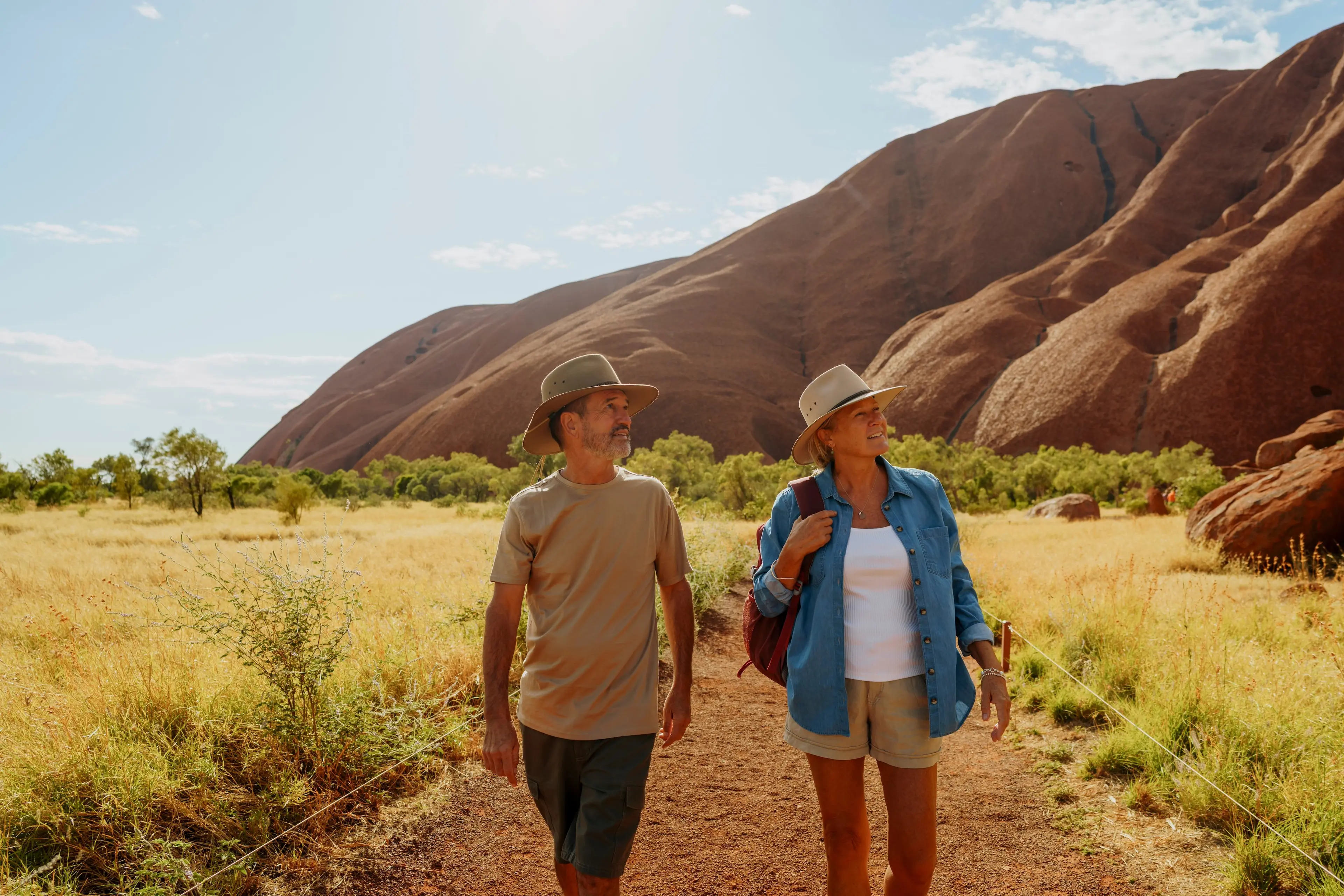
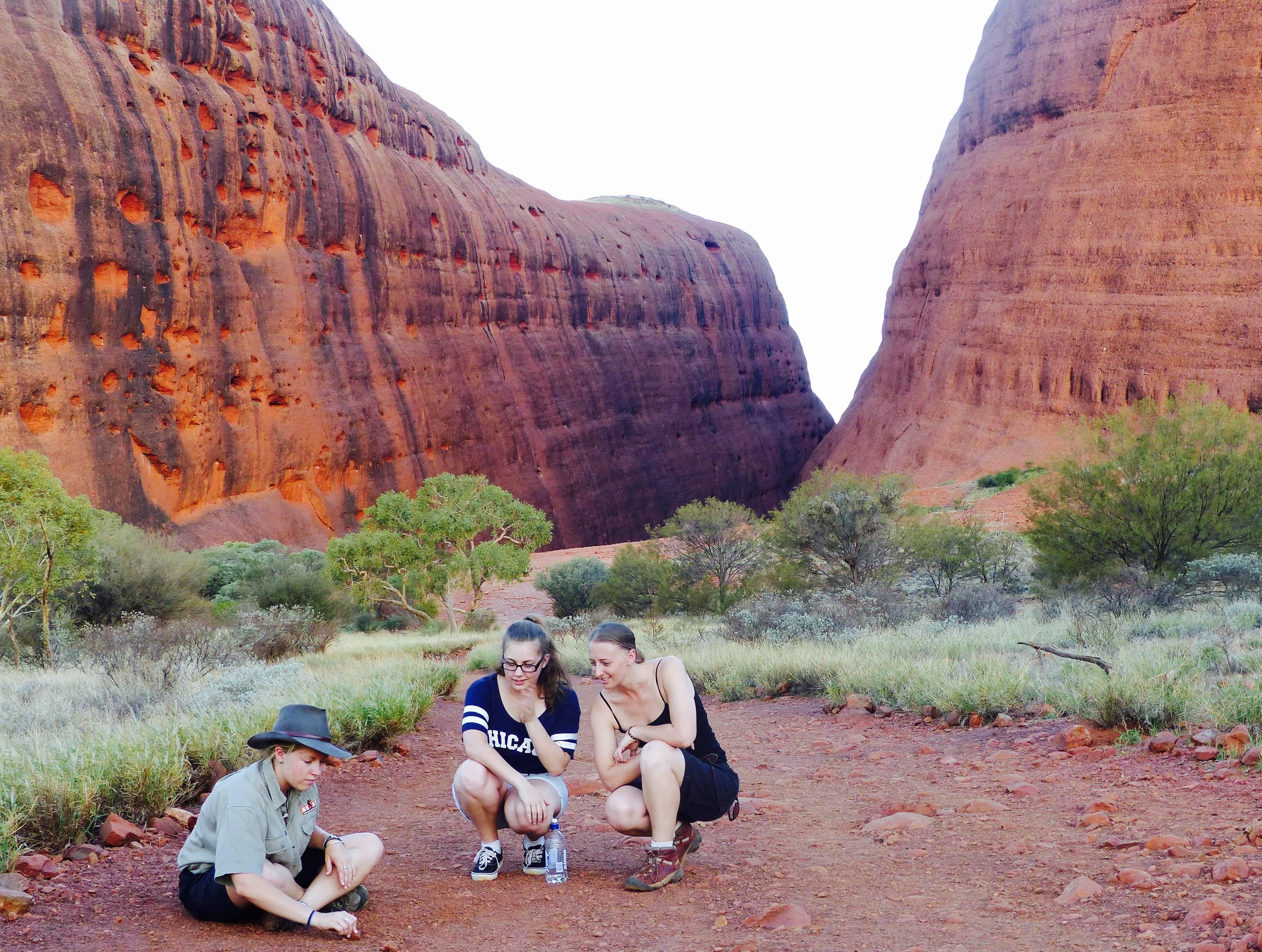
Learn More About Sustainability in Uluru
To learn more about how your stay impacts the local community in Uluru, visit the Our Purpose of our website.
